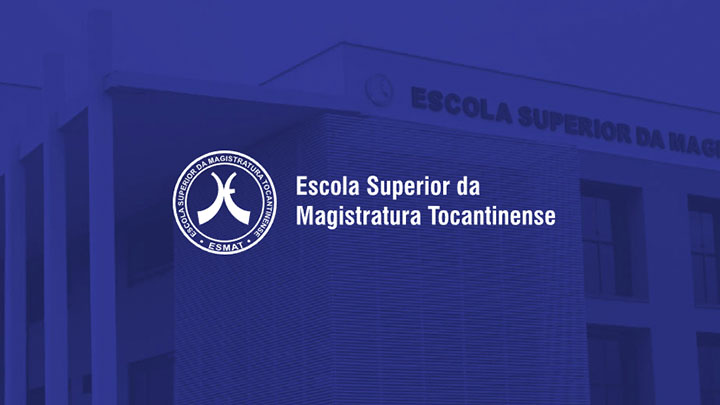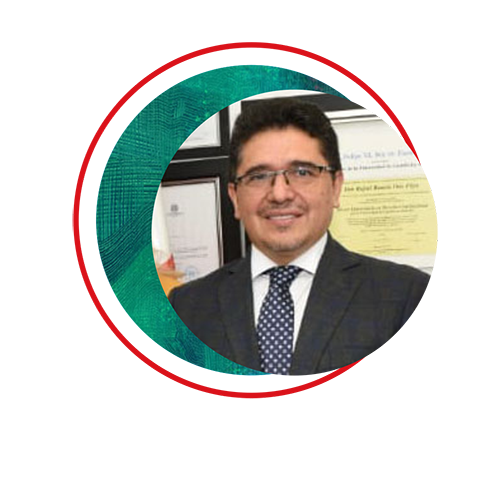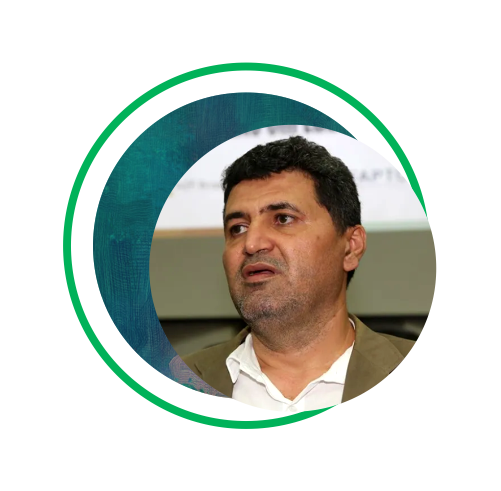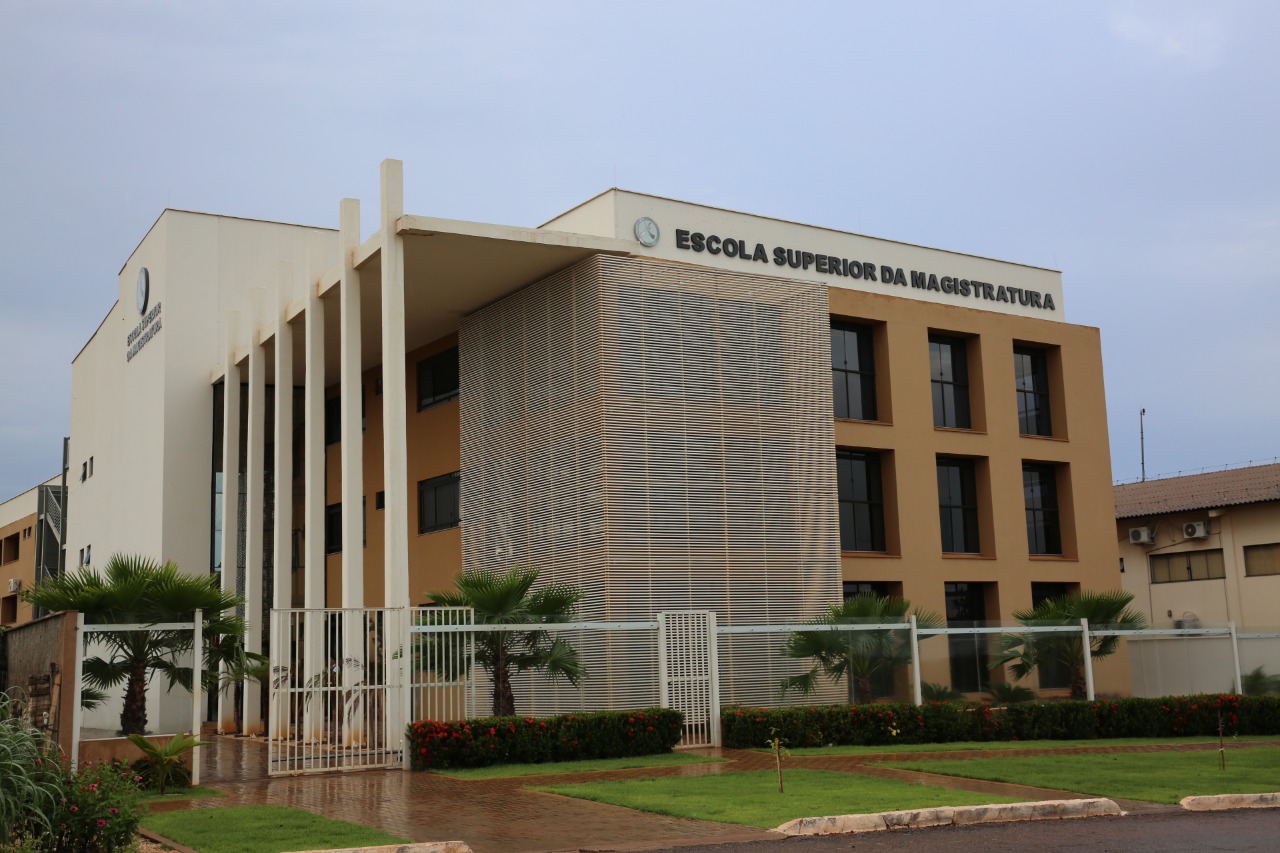MEANS OF DEFENSE FOR THE PRISONER IN THE CURRENT HUMAN RIGHTS SYSTEM
Abstract: One of the most important aspects of the due process is the Right to Defense, a fundamental guarantee contained in the Political Constitution and developed in each State's Code of Criminal Procedure, which is made effective through the exercise of the means of opposition, the resources specifically provided for in the domestic legal system. On this occasion, we will focus on the analysis of the right to defense as a judicial guarantee provided in article 8 of the American Convention on Human Rights based on the jurisprudential development of the Inter-American Court of Human Rights, based on three central ideas:1. Due process of law and the right to defense. 2. The right to appeal enshrined in Art.8 ACHR. 3. the jurisprudence of the IACHR. 4. Conclusions
MENTAL HEALTH PROMOTION IN A PANDEMIC CONTEXT: WHAT WE CAN DO
Abstract: The Covid-19 pandemic has brought a magnifying lens to social inequalities and the need for a coordinated response to address the challenges posed by the pandemic. Without a doubt, one of the areas that deserves our attention is mental health. We need to assess the impact of the pandemic on the mental health of different segments of the population, but before that, we must develop strategies for psychosocial care and mental health promotion to mitigate the iatrogenic effects of COVID-19. We will seek to deepen our reflection on the paradigm of promotion in mental health and propose strategies for different segments of the community.
CONSTITUTIONAL PROCEDURAL LAW AS A GUARANTEE OF THE INALIENABLE RIGHTS OF THE HUMAN BEING
Abstract: In a Democratic State of Law, the defense of fundamental and human rights is an essential task. In order for this guarantee to find substantiality, making its real fruition possible for citizens, the actions of the Judicial Power become indispensable, and its observance by the other Powers is equally due. The constitutional process ensures the binding of the judicial body to the constitutional rules, in such a way as to promote, formally and materially, the obedience to the commandments foreseen in the Grand Charter, also imposing its observance and respect within the scope of society.
THE CHALLENGES OF FREEDOM OF EXPRESSION IN BRAZIL AND SPAIN
Abstract: Freedom of speech, like any other right, has limits in the legal system. But identifying and defining such limits is a challenging task. There is a difficulty (in some cases, a resistance) in adopting rules that establish in advance the limits to freedom of expression. And even when there are legal provisions or normative propositions to that effect, the open - sometimes over-inclusive - language of normative statements has the potential to illegitimately restrict that fundamental freedom. In this regard, Brazil and Spain have faced similar problems, especially in the field of criminal law.
DEMOCRACY, CRIMINAL POLICY AND HUMAN RIGHTS.
Abstract: The proposal is to address the general aspects of human rights related to criminal control in Latin America, with emphasis on Argentina, and specifically in Brazil, from the Regional, National, and Local perspectives.
JUDICIAL ACTIVISM AND THE REALIZATION OF HUMAN RIGHTS
Abstract: The action of the Judiciary through judicial activism has intensified in recent years, driven by the omission of the Legislative and Executive Powers in giving materiality to certain rights. This expansive performance of judicial activity finds great relevance in the protection of human rights guaranteed in the Grand Charter, manifesting itself either in the declaration of unconstitutionality of acts emanating from the other Powers, or in the obligation to act in accordance with the precepts constitutionally provided, this being an essential theme to be discussed within the Judiciary.
CLIMATE LITIGATION IN BRAZIL AND THE WORLD
Abstract: The intensification of the climate crisis and the absence of adequate policy actions to address it have been driving the climate litigation movement around the world. Although initially concentrated more in the Global North, the number and profile of recent climate litigation is growing and diverse, both in terms of geopolitical aspects and legal foundations. Climate litigation in the Global South has been innovative and increasingly associated with human rights advocacy, helping to frame the issue from a climate justice perspective. In the panel on the theme, we intend to address the main characteristics and trends of climate litigation in the Global South and how the movement has been conducted in Brazil.
ANALYSIS AND PERSPECTIVES OF THE INALIENABLE FUNDAMENTAL HUMAN RIGHTS OF THE PERSON
Abstract: The inalienability of fundamental rights has to do with the impossibility of dispensing, renouncing, disposing, transferring, alienating or trading them, even against oneself. This is in the context of the inherent and inseparable nature of human dignity. Only the authority of a judicial decision can do this, but only in specific cases and properly grounded in the legal system. This inalienability, in turn, implies the basic prerequisite for their effectiveness and safeguarding. That is, that fundamental rights, as well as their unrenounceable nature, are of the awareness and knowledge of all people, whether natural or legal. Inalienability is also closely based on constitutional rule of law, neoconstitutionalism, and global law, most especially the rule of justice.
FROM THE NEED FOR HUMAN RIGHTS EDUCATION
Abstract: Human rights education is a mechanism for transformation, interaction between individuals, promoting mutual respect, creating an environment for modification of the social reality and expansion of individual capabilities. In this sense, in an increasingly globalized world, what we see is the violation of individual, collective, and political rights, issues that are reflected in society, especially in the increase of violence, systemic corruption, democratic crisis, and inequality. Thus, the research seeks to identify the application of rights education in Brazil, in line with the 2030 Agenda for Sustainable Development and the culture of peace.
APPLYING PROCESS MINING IN THE JUDICIARY
Abstract: Process mining is a relatively new approach to provide knowledge about business processes based on data available in information systems. Process mining is a discipline dedicated to the study of activity flows that produce value for customers or organizations. In the legal field, the digitalization of various activities has resulted in the increasing availability of large masses of data: real "deposits" of legal knowledge. There are many sources of information: legislative, procedural, jurisprudential, and extrajudicial. It is noticed in the day-to-day judicial activity that there is a gap between what was designed for the process and the way actually taken by a case. It is precisely in this context that case mining works, as it makes the so-called real process explicit. This leads to interesting discoveries, such as hidden aspects, bottlenecks, lack of comformity, or opportunities for process automation and improvement. Undeniably, process mining can support innovation actions in the courts.
TECHNOLOGICAL INNOVATIONS IN THE JUDICIARY
Abstract: It has always been highlighted the importance of preparing Justice for the next 30 years, and this is only possible with the development of artificial intelligence and advance in information technology. The Justice 4.0 Program comprises a package of projects, including the digital "100% Judgment", "PDPJ- digital platform of the Judiciary", "Codex Datajud" and "Synapses - Artificial Intelligence". "The CNJ's 4.0 program will develop studies, new methodologies and create mechanisms and instruments that enhance the implementation, dissemination and support of technical, conceptual and operational capacities aimed at improving judicial policies.
REGIONAL DEVELOPMENT AND POST-PANDEMIC: POSSIBILITIES AND CHALLENGES
Abstract: The pandemic of COVID-19 presents diverse challenges to Regional Development. The overcrowding of health care facilities, accompanied by their unprecedented expansion without adequate planning has generated several problems in addition to a very high unforeseen cost. The demand for social distancing and the closing of the economy for a prolonged period of time has also caused a strong decline in economic activity. Thus, the post-pandemic scenario is full of challenges. How can Regional Development be a facilitator under these conditions? What strategies can be adopted from the State, Market, Society, and mainly, what is the role of the university in this process.
INDIGENOUS PEOPLES: RIGHTS, CULTURE AND JURISDICTION
Abstract: The lecture intends to problematize the theme of the distribution of justice, either as a redistributive logic or as a process of recognition, pointing out the role of both social rights and identity politics for the promotion of human dignity.
THE CASE OF THE XUCURU PEOPLE AT THE INTER-AMERICAN COURT OF JUSTICE
Abstract: The presentation will address the main points of the decision given by the Inter-American Court of Human Rights in the case of the "Xucuru Indigenous People and their Members against Brazil". The conclusions of the Court on the Xucuru people's right to collective property and the right to a reasonable period of time will be presented.
TECHNOLOGY AND HUMAN RIGHTS: INTERDISCIPLINARITY FOR THE SOCIAL DEVELOPMENT
Abstract: Technologies are considered to be a conductor of great importance for the interpretation of social advances, having repercussions on people's quality of life. It is a multidisciplinary area by excellence (GUTIERREZ and ALMEIDA, 2006). All areas have been impacted with the technological speed and social transformations, as a result of the COVID-19 Pandemic. Distinct, transversal and interdisciplinary perspectives are necessary for the analysis of this singular moment, in order to understand how these aspects have been influencing important areas of the economy, social development and human rights.




























